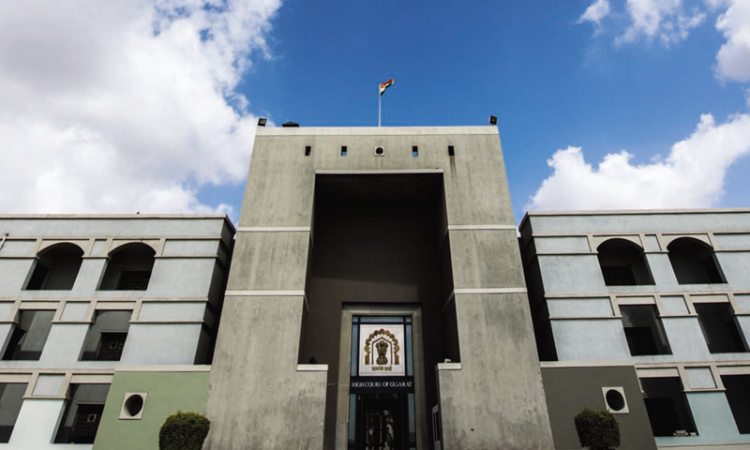Stressing that corruption is the deadliest enemy of every free civilized society, the Gujarat High Court last week observed that society has become a victim to the rampant corrupt practices of the public servants.Observing thus, the Bench of Justice Gita Gopi further remarked that private citizen's right to file complaints against a public servant and to obtain sanction for prosecuting...

